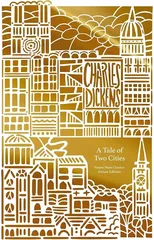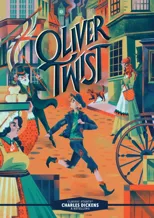"This is not the republic of my imagination," Charles Dickens noted ruefully of his 1842 visit to the United States. His American Notes forms a stinging reproof of the country's embrace of slavery, its corrupt press and woeful sanitary conditions, and its citizens' offensive manners. Written with the author's customary observational powers and incisive wit, this volume offers a fascinating glimpse of 19th-century America. Dickens was not entirely hostile toward his hosts, and as a dedicated social reformer he took particular interest in whether American democracy constituted an advance over the class divisions of Victorian England. The author toured jails, hospitals, and courts of law, which he praised heartily. Traveling by steamship, coach, and rail, he visited New York, Philadelphia, Boston, and Washington, D. C., among other cities, and his utter astonishment at the natural grandeur of Niagara Falls marks a highlight of his travelogue. This trenchant satire of America and Americans is certain to delight both Dickens enthusiasts and history buffs.
Charles Dickens
Charles Dickens was an English novelist and social critic, born in 1812. He is best known for his vivid characters, intricate plots, and powerful social commentary. Some of his most notable works include "Oliver Twist," "Great Expectations," and "A Christmas Carol." Dickens' writing style often combined humor with pathos, and his works often highlighted the struggles of the lower classes in Victorian England.
Dickens had a profound impact on the development of the novel as a literary form, helping to popularize serial publication and bringing attention to issues of poverty, injustice, and inequality. His most famous work, "A Tale of Two Cities," is a historical novel set during the French Revolution and is considered a classic of English literature. Dickens' legacy continues to resonate today, as his works remain popular and influential in the world of literature.


